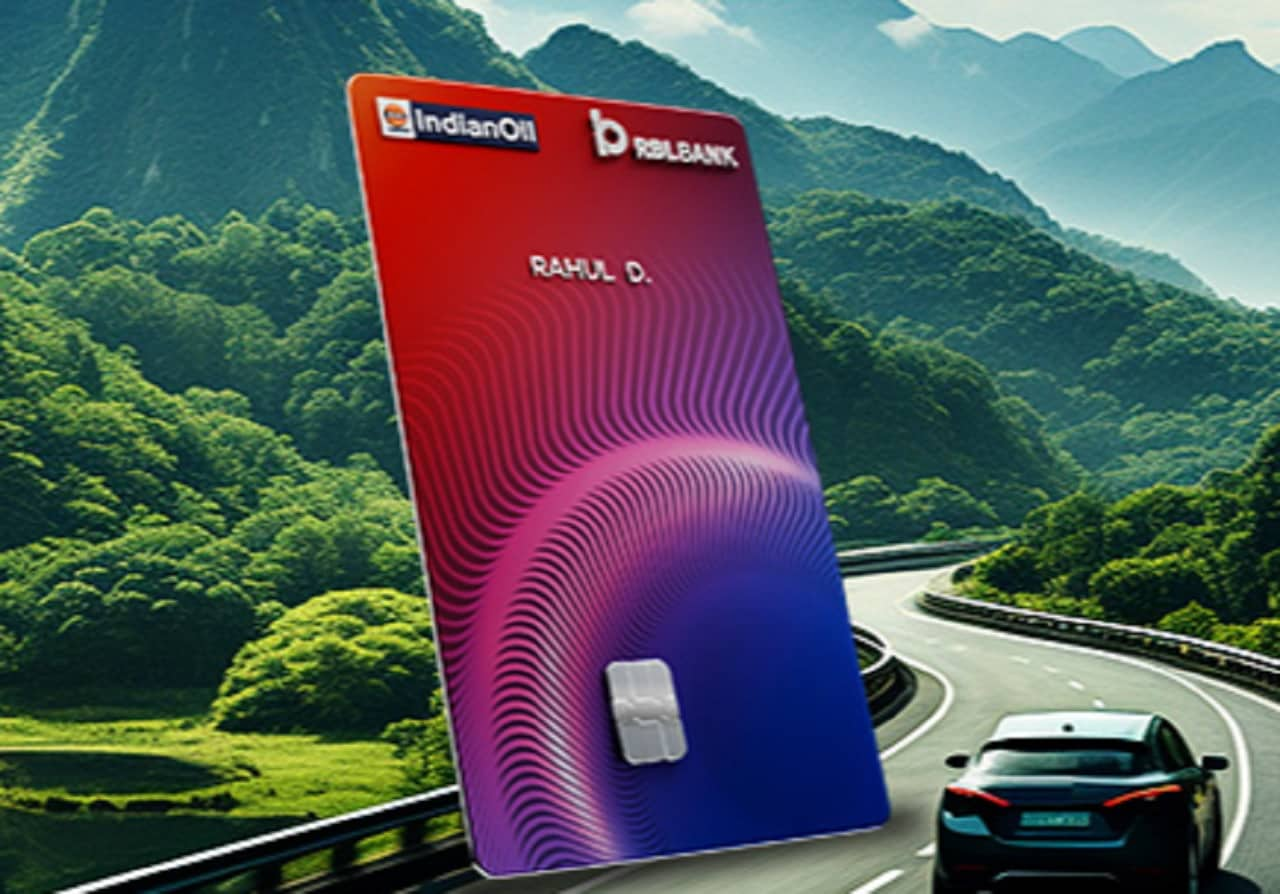
Last Updated on: 2nd April 2025, 07:20 pm The South African electric mobility space is starting to show signs of significant traction in several areas. Sales of battery-electric vehicles (BEV) breached the 1,000 units per year mark in South Africa for the first time ever in 2024. Last year, 1,257 BEVs were sold in South Africa, up 35% from 929 units sold in 2023.
In the overall market, 515,712 vehicles were sold in South Africa in 2024. That means BEVs only had a market share of 0.24%.

That’s still very low! With only 3,212 BEVs sold since 2018, its clear to see that sales of BEVs have been slow in South Africa compared to similar auto markets around the world. On the plugin-hybrid electric vehicle (PHEV) side of things, 737 PHEVs were sold in 2024, up 100% from 368 units sold in 2023. However, PHEVs only made up 0.
14% of total vehicle sales in South Africa in 2024. Let’s have a look at the top selling PHEVs in South Africa. Although these are small figures compared with similar markets around the world, it shows the market has some promise.
One way to encourage and accelerate adoption of electric vehicles is to have good publicly available charging infrastructure in the major centers as well as on popular highway routes. This will go a long way in easing one of the main concerns potential EV buyers generally have, and that is range anxiety! Having adequate charging infrastructure is a good start, but there are also other critical pillars to this including, good network uptime, and overall reliability of the chargers making up this charging network. Great customer experience is therefore critical, including when paying for charging sessions.
This is why Rubicon has added a new option for customers to make payments in a user friendly manner using the most commonly used credit cards. South Africa now has over 400 public charging stations including ultrafast chargers, with further expansion planned for 2025. With electric vehicle charging infrastructure in South Africa growing at a good pace to support the expanding new energy vehicle market, this new payment option provided by Rubicon and partners has come at the right time.
Here is the background to this new development: Rubicon wanted to find a way to make payments at its charging stations more user-friendly to pave the way for growth in the electric transport sector. Rubicon says that previously, EV charging stations in South Africa used a closed-loop system, meaning that customers needed to set up pre-funded wallets and use special cards to charge their vehicle. This created a series of extra steps in the charging and payment process, and limited interoperability across different charging stations.
There was a need for a more efficient, seamless payment process without requiring physical computers at each charging station due to concerns like theft, power management, and maintenance. In order to address this challenge, Rubicon collaborated with EFT Corporation, Visa, and Verifone to allow customers to use major credit cards at Rubicon charging stations, without having to pre-fund wallets. Rubicon says that through the integration of EFTCorp’s payment platform with Verifone’s UX700 class-leading unattended payment device, customers can now use major credit cards at Rubicon charging stations, without having to pre-fund wallets.
Additionally, terminals can now be controlled remotely using cloud-based technology. Here’s how it works: Plug in: The user connects their car to a Rubicon charging station. Pre-authorization: Once plugged in, the Verifone UX700 payment device at the station prompts for payment.
The system then reserves a predefined amount on the user’s credit card before the charging starts. Charging: Once the pre-authorization is approved, the charging process begins. Payment: If the user stops charging early, the final payment reflects only the electricity used, and the remaining reserved funds are released.
If the charging process continues beyond the initial reservation, the system incrementally increases the reservation amount, adding funds to the initial pre-authorization as needed, and the final amount is settled when the car is unplugged. To ensure the success of this project, the payment terminals had to be controlled remotely without local computers for the first time. Rubicon adds that Verifone deployed its functionality to support remote cloud-based terminal control, and introducing incremental estimated authorization and reducing pre-authorization hold times necessitated specific customizations with the banking partner.
And all these various systems, including Rubicon, Verifone payment devices, and EFTCorp’s integrated technology stack and switches, had to be synchronized. This ground-breaking solution, with the proof-of-concept phase already launched at several sites in Johannesburg and Cape Town, will allow customers to pay with major credit cards at Rubicon charging stations for the first time. Customer experience is everything! Therefore, with over 60% of transactions in South Africa now contactless, open-loop solutions allow drivers to charge their electric vehicles at any public charging station without needing an account or membership, creating a seamless payment experience.
Enabling contactless payments at all public charging stations is an important step in making EV ownership more accessible. This is critical. We have covered issues around this before in other markets, where at the time EV drivers generally had to battle with a lot of different apps, charging setups, and payment methods on a single road trip .
Rubicon says that the implementation of incremental pre-authorization for dynamic consumption-based billing is a first for South Africa. It’s a great example of how collaboration can lead to significant innovation, with complex technologies being integrated to deliver a streamlined and user-friendly experience for customers. Though it required complex operational changes, the result is the opposite for the end-user — a considerably simplified experience.
It’s a unique solution for the EV charging sector and an important step for sustainability in South Africa, because the easier it is to access and use EV charging solutions, the better the adoption of electric vehicles will be. It’s great to see that South Africa’s electric vehicle charging network is growing and payment options aimed at improving customer experience are being added. This will allow drivers to have a more seamless driving experience around the country.
Here is a video of one such drive , even with an EV with a relatively small battery, all enabled by some of these chargers from Rubicon and partners. Image courtesy of Rubicon CleanTechnica's Comment Policy LinkedIn WhatsApp Facebook Bluesky Email Reddit.








_8.jpg?itok=wp-xhXRB)





